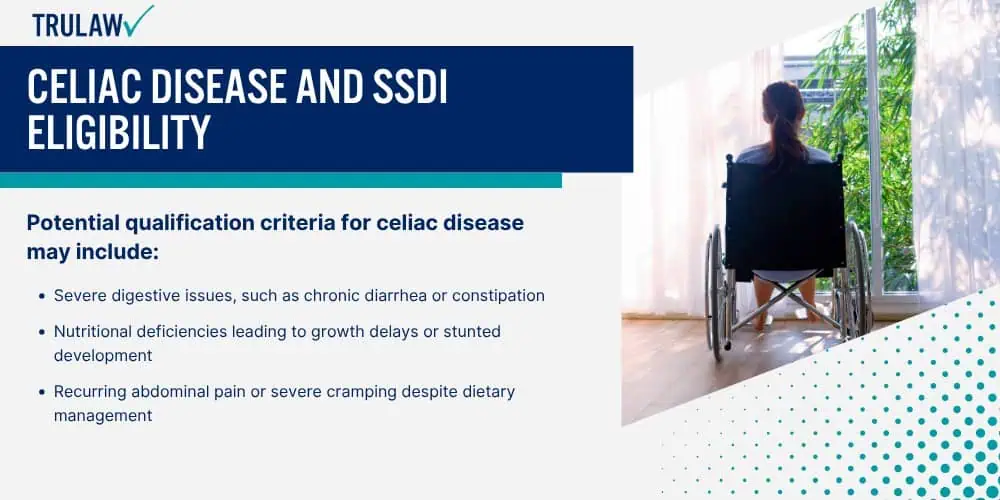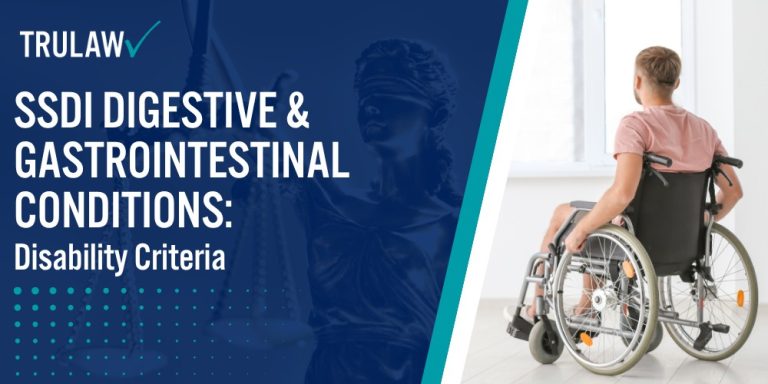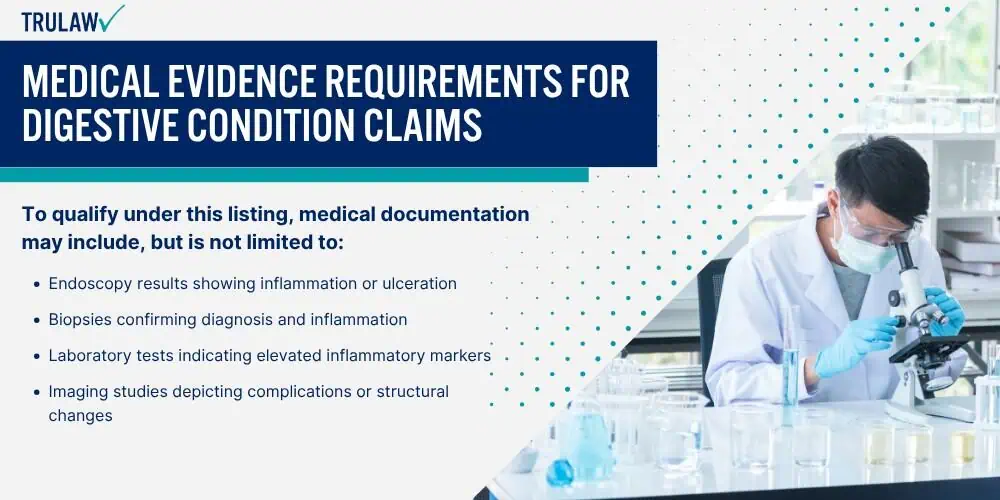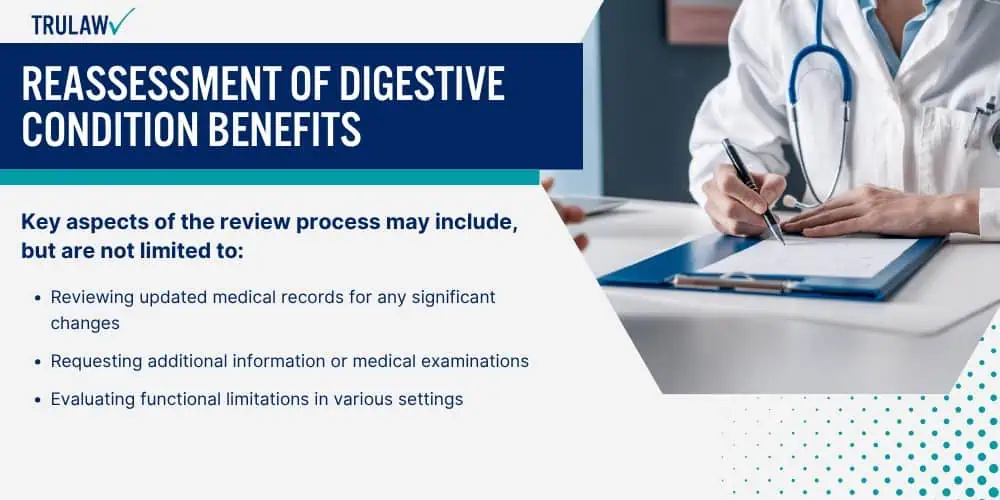Celiac disease can potentially qualify for SSDI Benefits under certain circumstances.
The Social Security Administration (SSA) evaluates these cases based on the severity and long-term impact of the disease on daily functioning and development.

Applicants must demonstrate that the condition has caused significant functional limitations or medical complications over an extended period.
Chronic malnutrition is a significant consideration for SSDI eligibility, particularly in cases where persistent nutritional interventions are required.
To ensure eligibility, comprehensive medical documentation of the symptoms and their effects on life is important.
Celiac Disease Disability Qualification
Celiac disease, an autoimmune disorder triggered by the consumption of gluten, requires adherence to strict dietary restrictions.
For disability purposes, the SSA does not have a specific listing for celiac disease.
Instead, qualification depends on proving that the disorder has resulted in a significant medical condition that fulfills criteria in other listings, such as a digestive disease.
This often involves submitting detailed medical records demonstrating the severity and persistence of symptoms despite treatment.
Potential qualification criteria for celiac disease may include:
- Severe digestive issues, such as chronic diarrhea or constipation
- Nutritional deficiencies leading to growth delays or stunted development
- Recurring abdominal pain or severe cramping despite dietary management
- Additional health complications like severe fatigue or anemia
Proving disability due to celiac disease often involves extensive documentation and evidence.
Individuals should gather comprehensive medical records, including any hospitalizations, specialist consultations, and ongoing treatment plans.
Testimonies from caregivers or teachers regarding the disease’s impact on daily activities and performance can also support a disability claim.
It’s vital to show that the disease causes more than temporary discomfort and has substantial effects on essential functions, making regular living activities challenging.
Functional Limitations Associated with Celiac Disease
Functional limitations with celiac disease are primarily due to the body’s adverse reaction to gluten leading to damage in the digestive tract.
This damage results in various symptoms and health complications, affecting physical and emotional well-being.
Chronic symptoms can include severe malnutrition due to improper digestion and absorption of essential nutrients, leading to fatigue, weakness, and slowed growth.
Furthermore, individuals might experience emotional distress or social challenges due to dietary restrictions and frequent absences for medical appointments.
The following functional limitations are commonly observed with celiac disease:
- Malabsorption resulting in recurrent nutritional deficiencies
- Growth disturbances due to inadequate nutrient uptake
- Chronic gastrointestinal symptoms affecting daily life
- Emotional and psychological impact from dealing with a chronic illness
Managing celiac disease requires a strict gluten-free diet, which can be challenging and lead to significant lifestyle adjustments.
The need for constant vigilance over food intake and potential cross-contamination can cause anxiety and affect social interactions.
Regular follow-ups with healthcare providers to monitor condition progression and nutritional status are necessary.
These functional limitations, if severe enough, may justify eligibility for SSDI Benefits, provided there is substantial documentation of their impact on quality of life.





